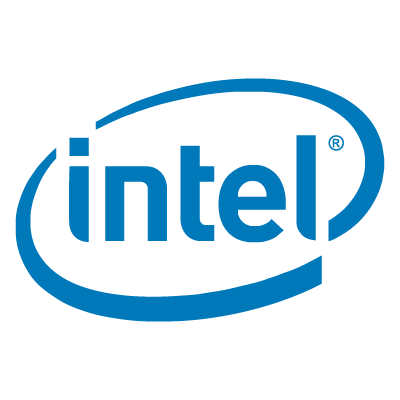
Where md3 is your /. However, md3, or any other md might be renamed by the system. When I rebooted after completing the install, my md1,2 and 3 were renamed to md125,125 and 127. If, when you restart your system without the install disk, it tells you your / file system is broken and cannot be repaired, give your password and cd to /dev and ls md* to see if your system has renamed your md's to and then rename your /etc/fstab entries and your real_root entry here, accordingly. You might also want to double check /etc/mtab to be sure that they share the same names you found in /dev
Another fix for the issue where the arrays are renamed to "/dev/md125", "/dev/md126", and "/dev/md127" (/dev/md1, /dev/md2, and /dev/md3 respectively) is to boot up off of the live CD, stop the array, and re-assemble it with the correct device ID:
mdadm --stop /dev/md125
mdadm --assemble /dev/md1 /dev/sda1 /dev/sdb1
mdadm --stop /dev/md126
mdadm --assemble /dev/md2 /dev/sda2 /dev/sdb2
mdadm --stop /dev/md127
mdadm --assemble /dev/md3 /dev/sda3 /dev/sdb3
Then update your configuration with:
mdadm --detail --scan >> /etc/mdadm.conf
Bootkor nem jegyzi meg akkor kernelt kell ujraforditani Ubuntu alatt :
1) The ARRAY statement in mdadm.conf needs to be correct. I am not convinced the direct output of mdadm -Es is reliable anymore. Especially the name directive. Mine broke because I had a space in the name!
So I would try minimizing the specifiers in your ARRAY statements: all you normally need is device name and UUID:
Code:
ARRAY /dev/md0 UUID=e4665ceb:15f8e4b6:b186d497:7d365254
And there seems to be some change to do with /dev/md/* and /dev/md* which I don't yet understand.
2) You need to update initramfs so it contains your mdadm.conf settings during boot.
Code:
sudo update-initramfs -u
- A hozzászóláshoz regisztráció és belépés szükséges







